Jernigan said that Nissan has made investments across intermodal FVL in North America to ensure deliveries despite disruptions.
“Anything we can do to move a car, we’ve done it,” Jernigan said. ”We’ve moved from 80% rail to dedicated vessel which we’re managing now on a monthly basis. We’re not vessel experts, we build cars. We’re putting cars in containers. We’ve driven haulaway trucks from Mexico to the us in Texas and other areas delivering vehicles.”
Speaking about challenges, including US/Mexico border disruptions and the impact on the wider North American network, he said: “There is obviously a huge impact, as 40% of what we produce approximately out of Mexico goes into the US. As we make changes, as we adapt, it changes where they [logistics providers] go into the US, so it has huge impacts on some of our providers.”
For more from the conference, visit our live blog here
Finished Vehicle Logistics North America 2024 takes place 21-23 May in Waterfront Beach Restort, Huntington Beach, California.
At the event, experts will address the key issues and opportunities in the FVL sector including combating the capacity crunch across rail, road and sea, harnessing data and analytics to make real-time improvements to network planning and operations, turning EV planning into reality, balancing investment and partnerships for decarbonisation strategies and re-imagining partnerships across the vehicle logistics supply chain.
Topics
- Deep sea
- Digitalisation
- Electric Vehicles
- Finished Vehicle Logistics
- Finished Vehicle Logistics
- FVLNA 24
- Interviews
- Inventory management
- Logistics service provider
- Mexico
- Nissan
- North America
- OEMs
- On-demand video
- People
- Ports and processors
- Rail
- Real time location
- Road
- Shipping
- Short sea
- Suppliers
- Supply Chain Planning
- Track-and-trace
- Trade & Customs
- United States Of America
- Video
- Video and Audio
- Video interviews

























![Global[1]](https://d3n5uof8vony13.cloudfront.net/Pictures/web/a/d/s/global1_726550.svgz)




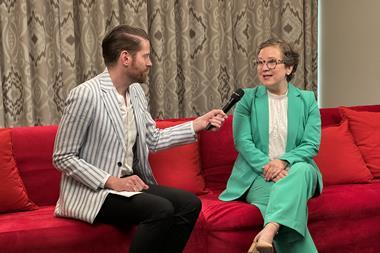
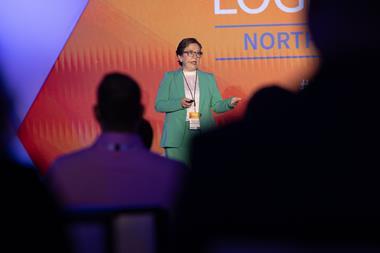
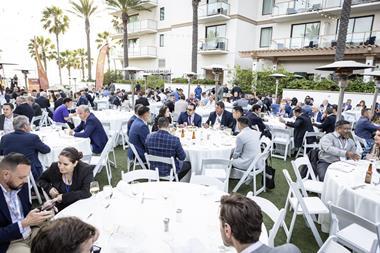
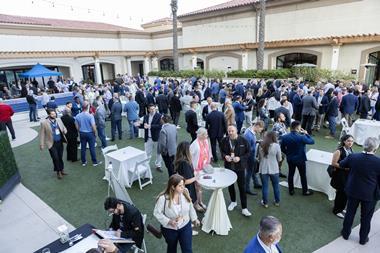

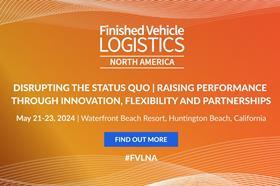





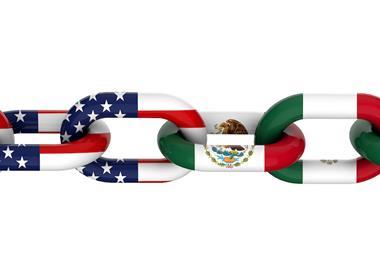

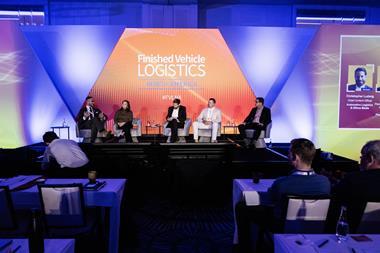
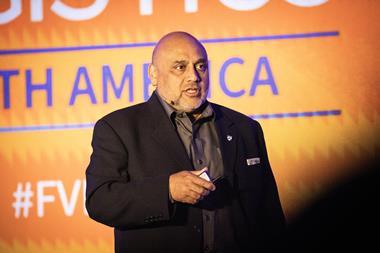



No comments yet